There aren’t many female rappers in Mali. The West African country is known for the bedouin ballads of Tinariwen, the enduring voice of Khaira Arby, and the new-rock beats of Songhoy Blues. But Mali is not so famous for its rap scene—and even less so for its female rappers. Ami is an exception.
“There is only one of me. There are many girls who say ‘I am a singer, I want to be like Ami, but no one can be me,” she said. Ami Yerewolo has garnered a gathering around the country and indeed, the entire African continent. Unafraid to rap about against sexism, injustice, and backstabbers, Yerewolo creates beats with witty, smart, and occasionally acerbic lyrics in a mix of French and the regional language of Bambara.
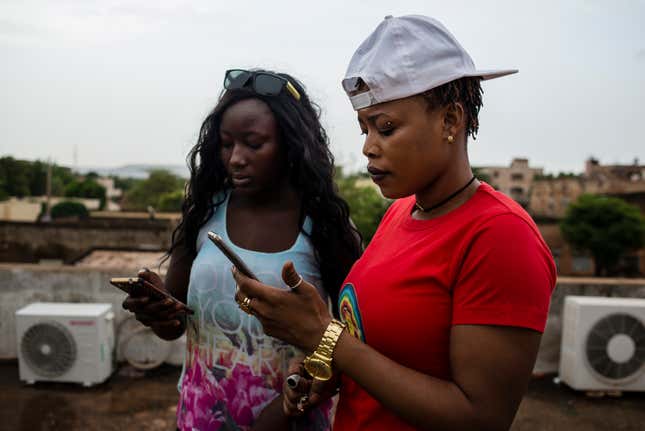
She has a gained continent-wide following from her high-energy performances that bluntly address issues that both her country and generation are dealing with: loyalty to family vs one’s self, nationalism vs. regionalism, women’s rights.
While most Malian women don traditional colorful fabrics with long skirts and crown-like head wraps, Ami’s hair alone changes in each music video: completely bald, short swinging dreads, a loosely placed cap, or long black twisting strands.
At time of writing, Yerewolo’s Facebook page has 62,000 followers and many of her You Tube videos upwards of 40,000 views. While this may not sound like many compared to the million-view superstars of the West, only 12% of Mali’s 18 million have access to the Internet, and much of Mali’s music is spread through un-registered file sharing on cell phone networks, making a regional following impossible to track. Yet her concerts pack out parks and stadiums; Ami was recently named in the Top 10 Finalists for the Radio French International Discovery Prize held in Senegal.
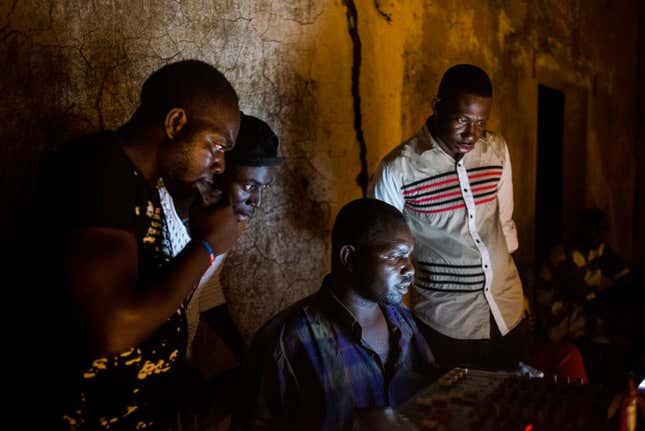
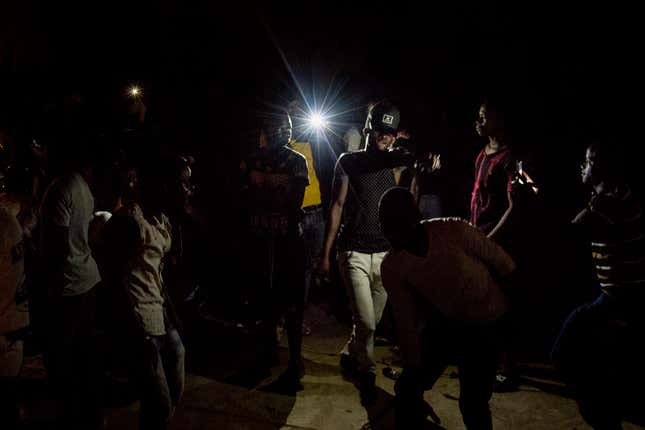
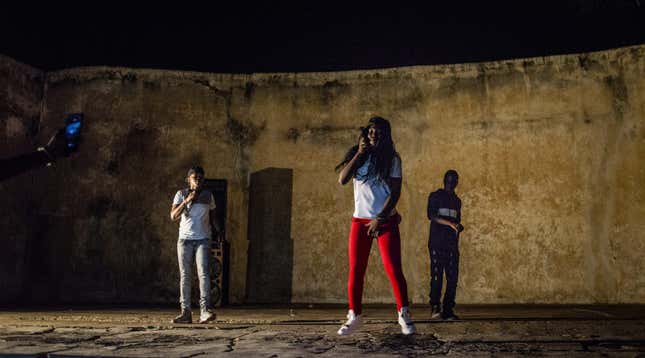
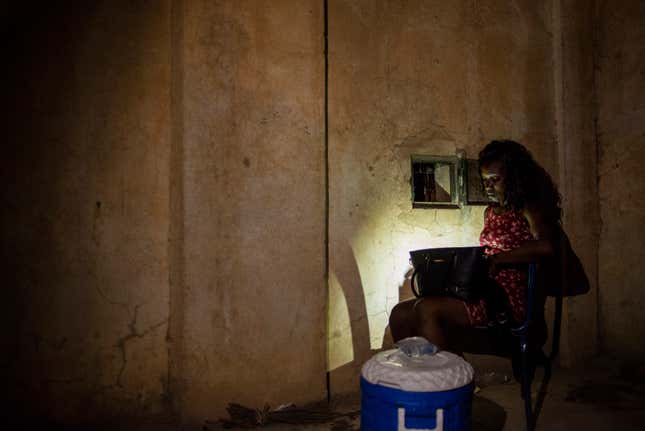
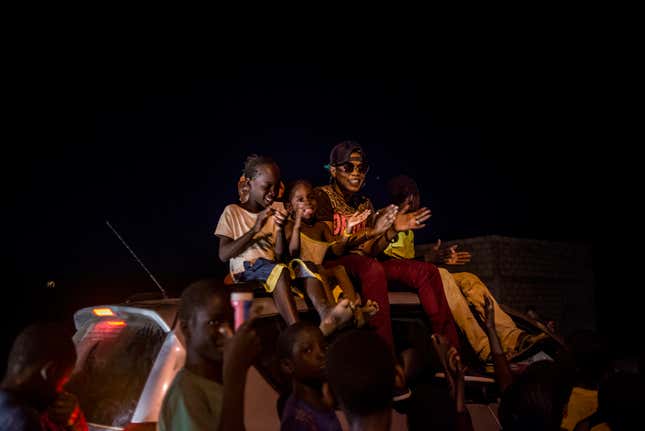
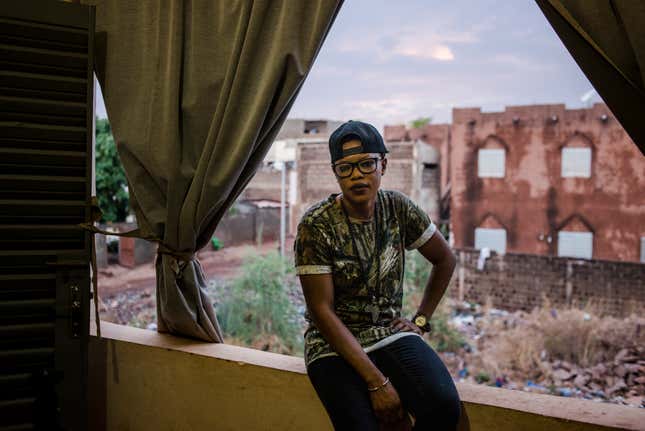
This story was produced with support from The International Reporting Project.
